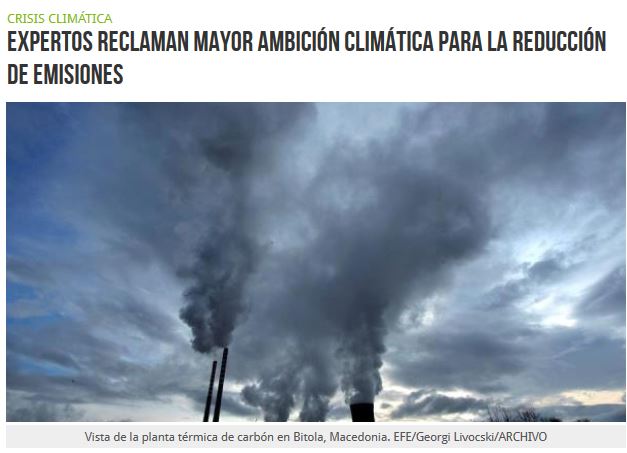Próximos eventos
KONEKTA IDEIAK GREEN JAN: Elikadura Jasangarria | KONEKTA IDEIAK GREEN JAN: Alimentación Sostenible
April 24, 2024 @ 7:00 pm - 9:00 pm
Subscribete a nuestra lista de email
Diseminación
Diseñado para diseminar y divulgar información rigurosa en el cambio climático
Formación y Desarrollo de Capacidades
Actividades para promover los avances científicos
Educación científica y conciencia pública
Creación de conciencia sobre el cambio climático en el País Vasco
- Science Education
- Conciencia pública
- · Noticias






